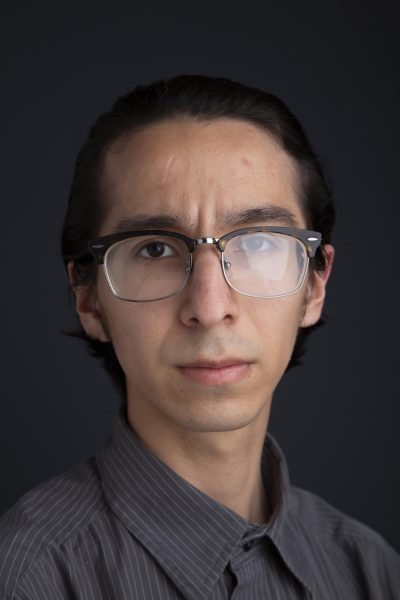The North Orange County Community College District held a forum to discuss free speech policy on campus Monday, Oct. 14.
The meeting was presented by District Director of Public & Governmental Affairs Kai Stearns Moore and Attorney Sharon J. Ormond from AALRR law firm in Irvine. Students were invited to learn, talk and give opinions about the new updates to the free speech policies, academic freedom and what is and isn’t allowed with free speech on campus.

In 2018 and 2019 a district-wide workgroup updated Board Policy 3900 and Administrative Procedures 3900 which regulate free speech activities and posting of printed materials on campus and district sites. The new updates consist of expansions to free speech on outside campus areas, registration process for posting signs.
Free speech areas will still follow guidelines of being in common areas, like the quad and will have to follow the policy of educational disruption, this includes loud speech and obstructing doorways. Persons and groups in the common areas cannot force distributed material nor can they impede students ability to pass by them.
People and groups cannot ask for money, with exception of nonprofit organizations registered with the California Secretary of State, approved Associated Students organizations or clubs and organizations directly connected to the institution.
People and organizations can’t bring weapons or anything that might be used as a weapon. Organizations and persons that are not part of the school must reserve areas in advance. Students are free to act in free speech area but groups or protest events that have over one hundred people must first contact campus safety. The new updates are still awaiting final approval.
With the current difficult political climate, the lines blur for many on what is allowed as legal free speech, especially on campus. This event explained to students and staff what is and isn’t protected under the first amendment.
Ormond gave examples of free speech, the right to not speak (not saluting to flags), expressive speech like wearing black arm bands to protest the war, using offensive words or phrases to convey political messages, or symbolic speech such as burning a flag.
“There has actually been several cases were the courts have had to address the question of whether burning a flag, which is considered not terribly patriotic at all, is still in the realm of free speech and it is,” Ormond said.
Examples of speech that isn’t protected include shouting fire in a crowded theater, true threats, obscenities, educational disruption and inciting others to commit a crime or violate campus rules. Hate speech is considered free speech under the first amendment, but this type of speech is under debate on how far it can go until it becomes unlawful.
“The question usually comes up, at what point can we stop it. The closest we have been able to find so far in court decisions is that we can stop it when that conduct rises to the level of being considered unlawful harassment,” Ormond shared.
Moore spoke about safe spaces at colleges and universities. She noted that the first amendment is not concerned with feelings and that free speech has nothing to do with people emotionally consider a safe space.
President of Fullerton College Greg Schulz, expressed his concerns about the video shown in the beginning of the presentation called “Why Students Don’t Want Free Speech Anymore,” from the Christian Broadcasting Network’s YouTube channel.

“I want students to learn and feel safe, and it’s not to discount free speech. There’s an important distinction,” Schulz said.
Safe spaces on campuses are an on going debate all over the country, which puts risk of censorship and restriction on freedom of speech at universities and colleges.
“I understand that constitutionally they have free speech but when you enter an institution or other communal gathering, you have silently agreed to censorship,” said Getzemany Sandoval a political science major.
Student can still provide feedback about free speech policies on campus at this website.

